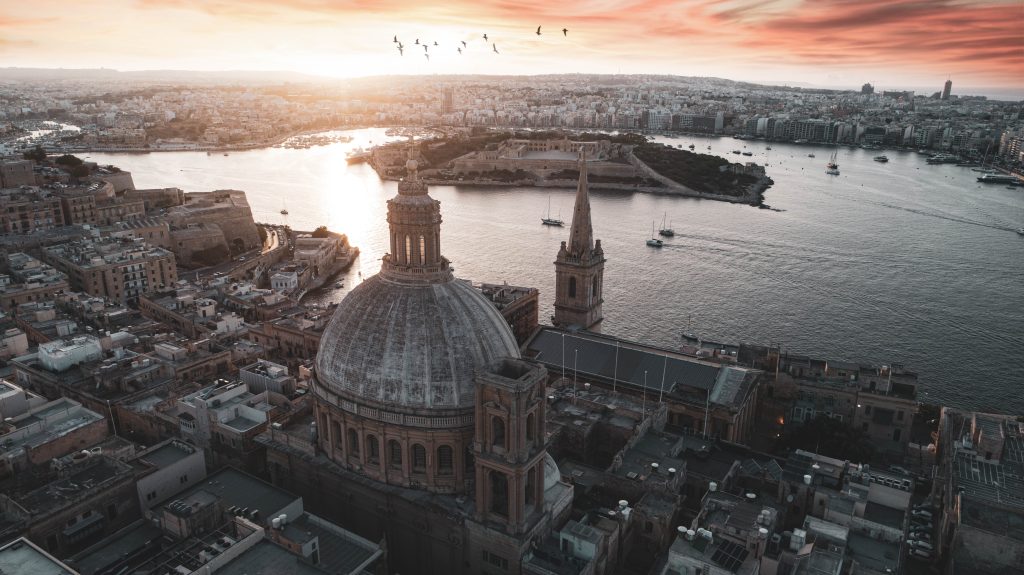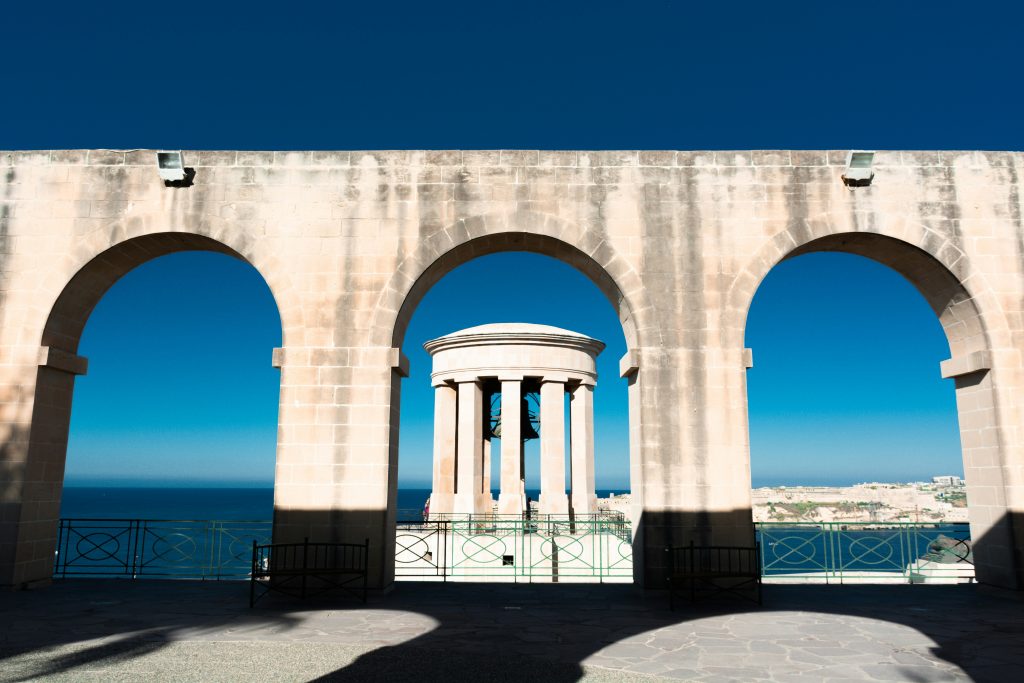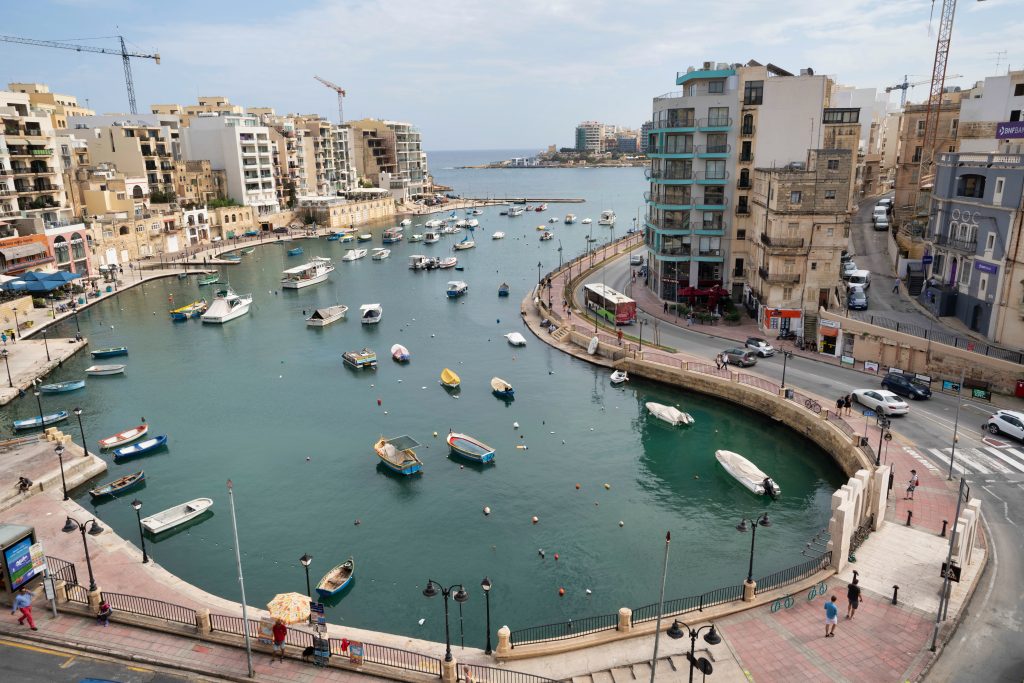An Overview of What to Expect When it comes to Quality of Life in Malta
When it comes to determining a country’s quality of life rating, it is a complex process that involves considering a variety of factors that collectively contribute to the overall well-being and satisfaction of all of its residents. Various organisations and researchers use different methodologies, but common elements often include the ones listed below.
It’s important to note that:
Different organisations and researchers may use different weightings for these factors and the criteria considered may vary. Consequently, quality of life rankings may differ based on the specific methodology and priorities of the evaluating entity and the model used.
Before we look at Malta, we discuss these factors that play a role in assessing a country such as Malta’s quality of life grading.
1. Economic Factors
Personal Income and Employment: The average income levels, employment rates and income distribution are crucial indicators. If a country has a low unemployment rates and a balanced distribution of income, this positively impact the quality of life.
The Cost of Living: Any country’s affordability of goods and services, including things such as housing, the price of food, standard of healthcare and the costs and levels of education influences how comfortably individuals can live on their income.
Economic Stability: The stability of a country’s economy, a low inflation rate and a secure business environment all contribute to achieving a higher quality of life.
Healthcare: The access to healthcare and the quality of healthcare as well as factors like life expectancy and disease prevalence are significant contributors that play a role. When a country has well-developed healthcare infrastructure, good hospitals and provide excellent medical facilities, this all enhances overall quality of life.
Access to Good Education: The availability and accessibility to education, from primary to tertiary levels including the nation’s literacy rates and enrolment ratios play a crucial role.
The Quality of Education: The standard of education, as assessed through recognised and respected international tests and evaluations reflects the effectiveness of the education system.

2. Safety and Security
Crime Rates: In any country, low crime rates and a safe environment for all contribute positively to the quality of life.
Political Stability: A long-lasting, stable political environment fosters a sense of security and well-being among residents.
3. Social and Cultural Factors
Social Integration: The extent to which individuals, regardless of background, feel included and integrated into society is hugely important. This goes for citizens as well as foreigners living in any particular country.
Cultural Opportunities: Having access to cultural and recreational activities, including arts, sports, and entertainment to name a few basics, can enhance overall quality of life.
4. Infrastructure
Transportation: If a country has an efficient and well-maintained transportation system which includes roads and public transit, this all contributes to convenience and accessibility for all people living within the country’s borders.
Housing: Having access to adequate and affordable housing options are essential for a good quality of life.
5. Environment
Environmental Quality: Factors such as the air and water quality, environmental sustainability and access to green spaces contribute to the well-being of residents.
6. Political and Social Stability
Governance: The effectiveness of a country’s governance, the rule of law and the absence of corruption are essential for a stable and secure living environment.
7. Personal and Community Wellbeing
Social Support: The availability of social support networks and community engagement in all communities and having access to these services positively impact the overall happiness and well-being of individuals.
Work-Life Balance: A good balance between one’s work and personal life contributes to a higher quality of life.
8. Demographic Factors
Population Demographics: The age distribution, gender equality and overall demographic profile of a nation can influence quality of life.

Looking at Malta
Now that we have a general guide of what counts when we are looking at what makes up a country’s quality of life index, we can delve into what makes Malta so special. Malta may have slipped in recent rankings from the very top of the list of a few years ago, but concerted efforts are under way by government to regain the leadership position that was Malta’s honour for so many years.
Background
Malta is a picturesque archipelago in the Mediterranean Sea and its sister island Gozo, have emerged as an extremely attractive destinations for individuals seeking or wanting to maintain a high quality of life. This article aims to delve into various aspects that contribute to the overall well-being of the country’s residents and this is supported by statistics from recognised sources.
Malta’s Economic Stability and Employment Opportunities
Malta’s economy has experienced robust growth in recent years, with a 6.9% growth in 2022. This growth is fostering a stable environment for both residents and businesses and according to the World Bank, Malta’s GDP has consistently shown positive trends. The country’s prosperity has attracted numerous international companies to set up shop in Malta, resulting in the creation of diverse employment opportunities which has led to even more continued investment.
The unemployment rate in Malta has been impressively low, standing at 3.4% in 2022 according to Eurostat. The government’s commitment to economic diversification and innovation has contributed to a dynamic job market, making Malta an appealing destination for countless professionals across the board. If you want to know about anything in the local jobs market.
Healthcare
Malta has a well-developed healthcare system, providing residents with access to free quality medical services. The World Health Organization (WHO) ranks Malta’s healthcare system as among the best in the world. The country has modern hospitals and healthcare facilities, ensuring that residents receive top-notch medical care. For those that opt for private healthcare, premiums are extremely affordable when compared to most other countries. The emphasis on preventative care and health education further contributes to the overall well-being of the population. The list for hospitals in Malta include:
- Mater Dei Hospital (Msida)
- Sir Paul Boffa Hospital (Floriana)
- Gozo General Hospital (Victoria-Gozo)
- Karin Grech Hospital (Msida)
- Mount Carmel Hospital (Attard)
- James Hospital (Sliema)
- Philip’s Hospital (Santa Venera)
- Mark’s Health Clinic (Msida)
- Da Vinci Hospital (Birkirkara)
Community Clinics
- Malta – Attard Community Clinic
- Malta – Dingli Community Clinic
- Malta – Fgura Community Clinic
- Malta – Ghaxaq Community Clinic
- Malta – Gudja Community Clinic
- Malta – Hamrun Community Clinic
- Malta – Kalkara Community Clinic
- Malta – Marsaskala Community Clinic
- Malta – M’Xlokk Community Clinic
- Malta – Mellieha Community Clinic
- Malta – Naxxar Community Clinic
- Malta – Pieta Community Clinic
- Malta – St Lucia Community Clinic
- Malta – Sliema Community Clinic
- Malta – Tarxien Community Clinic
- Malta – Ta’ Xbiex Community Clinic
- Malta – Valletta Community Clinic
- Malta – Zabbar Community Clinic
- Malta – Zejtun Community Clinic
- Malta – Zurrieq Community Clinic
- Gozo – Gharb Community Clinic
- Gozo – Xewkija Community Clinic

Life Expectancy
When it comes to living to a ripe old age, the life expectancy in Malta is above the global average, standing at 83.06 years according to the website https://www.macrotrends.net/countries/MLT/malta/life-expectancy .
Education
When it comes to education, Malta has a range of reputable institutions on offer, from primary to tertiary levels. According to the Programme for International Student Assessment (PISA), Malta’s students consistently perform well above the OECD average in reading, mathematics and science. The multicultural environment in schools reflects Malta’s openness to diversity, providing an enriching experience for all students. The quality of Malta’s primary education is extremely high and it is based on the UK model. Public schools are free for children of residents but many church and private schools are also available for those that prefer this option, but it is not free. Malta also has over 40 English language teaching schools and many thousands of youngsters come to Malta each year to master the language. If you want to see a comprehensive list of all schools, language schools, private schools, colleges, secretarial schools, special needs schools, technical trade schools and vocational schools in Malta and Gozo, visit https://en.wikipedia.org/wiki/List_of_schools_in_Malta
The University of Malta website is https://www.um.edu.mt/about/contactus/ and
MCAST – The Malta College of Arts, Science & Technology https://mcast.edu.mt/
Safety
Malta has always been renowned for its low crime rates, making it one of the safest countries in Europe. According to the Global Peace Index, Malta ranks 22nd out of 163 countries, indicating a high level of safety and security for residents and visitors alike.
Culture
The country is steeped in history and culture, with UNESCO World Heritage Sites such as the City of Valletta and the Megalithic Temples of Malta. Some of the structures found on the islands go back many thousands of years, such as those that can be found at Ggantija in Gozo. With its illustrious past, Malta’s residents enjoy a rich cultural tapestry which is celebrated through vibrant festivals which is held during most of the year. The country’s long and illustrious past, along with its deep-rooted traditions has instilled an immense sense of pride in the Maltese and retaining them for new generations to come is very high on everyone’s agenda.
When it comes to the performing arts, the jewel in Malta’s crown is the Manoel Theatre, Europe’s third-oldest working theatre, which dates back to 1732. On Gozo you will find within a short distance of one another the Teatru Astra and Aurora Opera House, both performance venues for classical music, operas and other musicals. If you want to know anything culturally going on in Malta, visit https://www.visitmalta.com/en/category/maltese-culture/

Weather
The country’s location provides the setting for experiencing the ideal Mediterranean climate and picturesque landscapes make Malta and Gozo ideal for outdoor activities year-round. Whether it’s exploring the laid-back villages of Gozo or enjoying the pristine beaches, residents have ample opportunities for recreation and relaxation. Malta’s temperate climate is one of the biggest draw cards for those wanting to live in a country where the sun shines on average 300 days per year. For reliable Malta weather information, go to https://www.maltairport.com/weather/
Multilingual
Malta’s official languages are Maltese and English. This has created a multilingual society that facilitates communication and excellent integration opportunities for expatriates. The friendliness of the locals and the inclusive atmosphere contribute to a sense of community, making it easier for newcomers to adapt and build relationships on all levels. Due to the fact that more than 88% of the population speaks English, people from all over the world encounter little or no problems when visiting Malta for business or pleasure. It is interesting to note that around 66% of the population also speak Italian.
In conclusion
Malta’s quality of life is a harmonious blend of historical richness, natural beauty and a thriving modern and forward-looking society. The island nation’s commitment to healthcare, education and a robust social infrastructure reflects its dedication to the well-being of all of its residents. With a Mediterranean lifestyle that embraces leisure, cultural diversity and a strong sense of community, Malta stands as a beacon of comfort and contentment. The archipelago’s picturesque landscapes, cultural treasures and an extremely buoyant economy further contribute to the overall appeal. While challenges exist, Malta’s enduring commitment to enhancing its citizens’ quality of life positions it as a unique and sought-after destination. As residents and visitors alike savour the Mediterranean lifestyle against a backdrop of historical grandeur, it is evident that Malta not only preserves its rich heritage but also forges ahead towards a future where an excellent quality of life remains at its core.
If you decide to make the islands your home, there is no company better than Frank Salt Real Estate to help you make the transition. With more than 50 years of experience and as the country’s largest and oldest family-owned and run real estate group, Frank Salt Real Estate has been at the side of not only buyers and sellers, but also landlords, tenants and businesspeople wanting to make the islands their home. We offer a full-rounded service and can help you with advice on anything to do with real estate, residency programmes, relocation services, insurance, home interiors and much, much more.




 Back to Blogs
Back to Blogs


